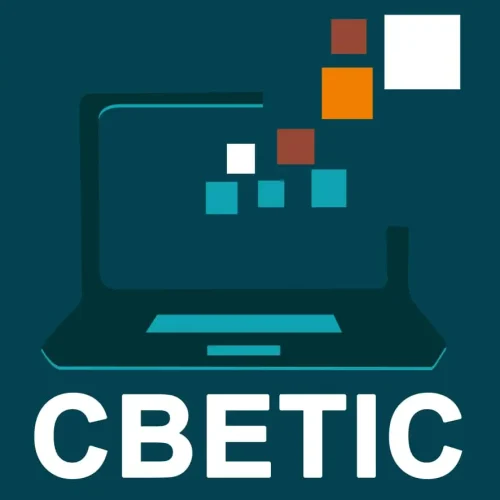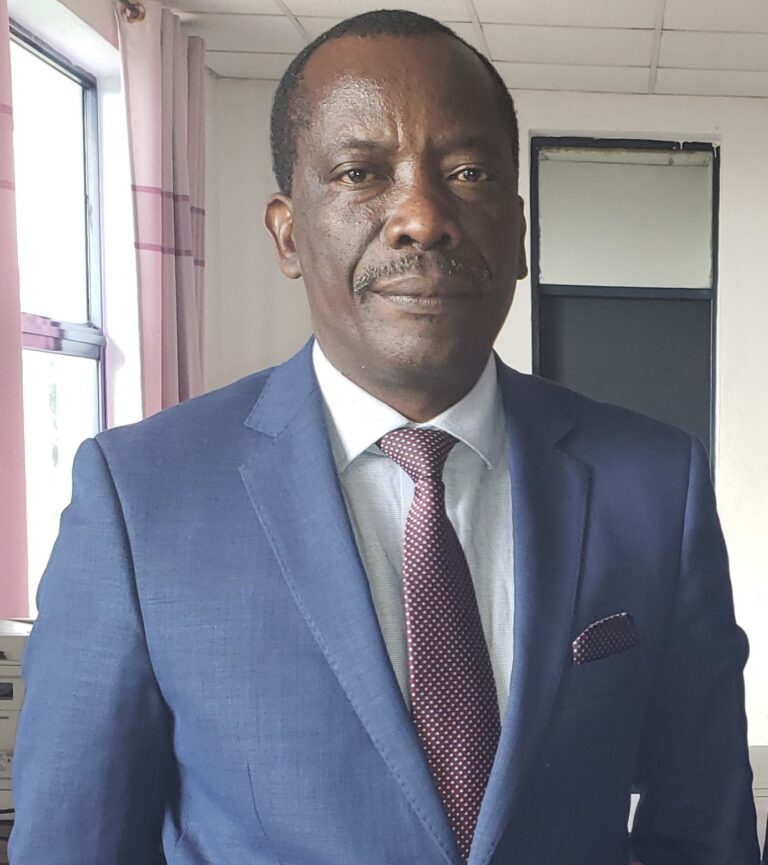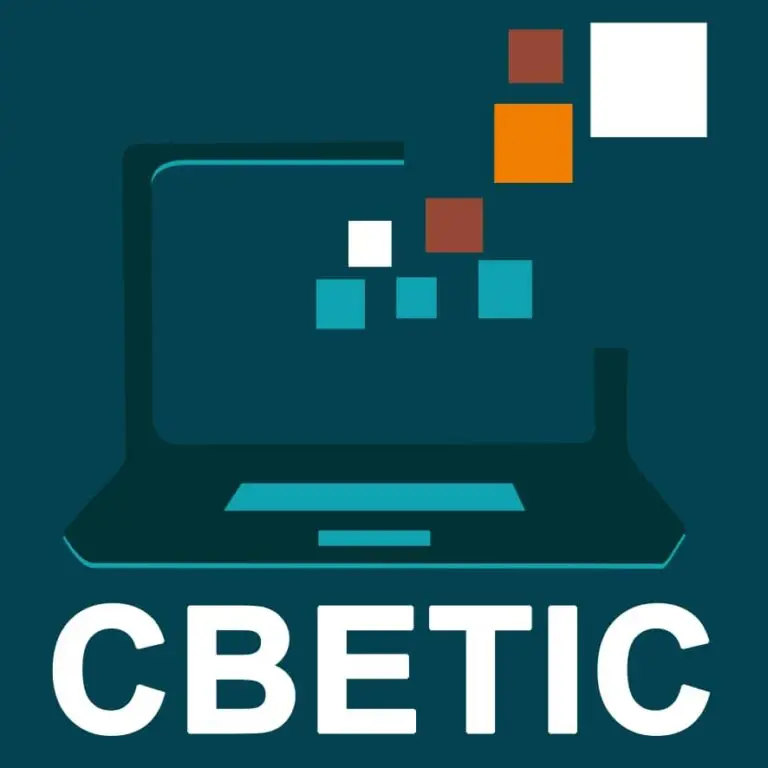While the integration of the countries of the East African Community (EAC) continues in a global context of the development of the digital economy, the recording of the gaps in the development of the telecommunications sectors observed in these countries is one of the substantial challenges to the effective completion of this integration.
Nevertheless, the EAC heads of State are willing to accelerate the implementation of the EAC harmonized roaming framework, including the removal for surcharges for international telecommunications traffic to and from the EAC. They approved it at their 16th regular summit. This is an eloquent sign that reflects their common vision of contributing to the development of the countries under their responsibility.
Indeed, the process of regional integration consists of bringing nations closer together to meet common challenges and achieve harmonious development without letting any of them left behind. To achieve their objectives, the member countries of the East African Community (EAC) are working to promote their commitments as defined in Article 99 of the treaty establishing this organization created on November 30, 1999.
Thus, the countries have committed themselves, to adopt common telecommunications policies. They committed also to improve and maintain interconnection and modernize equipment in order to meet the required common standards…, to cooperate and coordinate their facility maintenance activities…; to develop a common system for frequency management and control, , to allocate frequencies agreed between them for cross-border mobile radio communications, and to grant operating licenses agreed between Member States, etc.
Although these commitments are of a revolutionary spirit, in the context of the digital economy, of the member countries of the East African Community. The effective and equitable removal of all obstacles leading to a free movement of goods, services, capital and factors of production etc. in this whole community will only happen when these countries will be able to enjoy equitable connectivity.
The ICT Centre of Expertise is pleased and congratulates the member countries of the East African Community for the step taken in harmonizing the framework for homelessness. The implementation of its commitments to the development of telecommunications in the sub-region is reflected in the EAC harmonized Roaming framework, which was approved by the EAC heads of State in 2015. The latter imposes a price while demanding the abolition of surcharges on cross-border of the telecommunications traffic coming in and out the East African community.
Citizens who are natives of this community must understand that telecommunications bring them together forever. It is necessary to develop the reflex of digital innovation in a spirit of sharing with the objective of achieving a global development of the sub-region. In the all-digital era, the path to integration of our sub-region is largely based on the development of electronic communications. This requires flexible and appropriate regulation that takes into account the needs of each member country, including regulators, individual and companies.
Thus, this will facilitate the development of trade through cross-border connections, which are sources of removing barriers to the free movement of the above-mentioned goods and services. The EAC Heads of State’s clear commitment to accelerate the implementation of the EAC Harmonized Roaming Framework, including the suspension of surcharges for international telecommunications traffic to and from the EAC, made public at their 16th Ordinary Summit, reflects their shared vision to develop the countries under their responsibility.
Like other countries that are certainly members of the EAC, Burundi has announced the implementation, from August 1, of new rates for direct telephone calls to the region in accordance with the directives of Decree No. 100/202 of October 2, 2023 on Burundi’s accession to the Single Communication Network within the East African Community. Thanks to this regional initiative, citizens who are natives of EAC member countries and companies operating in these countries now benefit from the advantageous rates. Burundi has even required mobile network operators to communicate the applicable tariffs to ensure a transparent, reliable and satisfactory user experience. This approach is valuable for the consumers of the services in question.
The East African Community (EAC) member states are committed to harmonizing their telecommunications development policies because they understand that a fragmented regulatory framework is not conducive to interoperability. While the destiny of the EAC countries in integration is common, these countries have the duty to make the telecommunications regulatory framework effective, harmonized and modernized in order to remove all obstacles to cross-border connections. The success of walking together for the telecommunications development of the countries concerned will bring them closer to their economic objectives.
In addition, in an interconnected world where services, opportunities and markets for products of all kinds are increasingly digitalized, the removal of regulatory barriers to cross-border telecoms facilitates their access by citizens of EAC countries. The interconnectedness of these countries is very important. Some countries such as Burundi, Rwanda, South Sudan etc. located far from the oceans can benefit from reduced internet tariffs thanks to agreements between operators on their soil and those established in countries that have access to the oceans such as Tanzania and Kenya.
Today, more than ever, the time has come to speed up the implementation of all the commitments to which the Community has subscribed by means of an assessment, which makes it possible to take stock of what has already been achieved and what remains to be done. In this way, the community will adopt a strategic plan that will allow the adoption of new rules and procedures for sub-regional regulations in order to promote an accelerated and harmonious development of ICTs, which is a goal set to be achieved. The effective implementation of the commitments of the member countries of the East African Community will make it possible to bridge the digital gap currently recorded between them.




